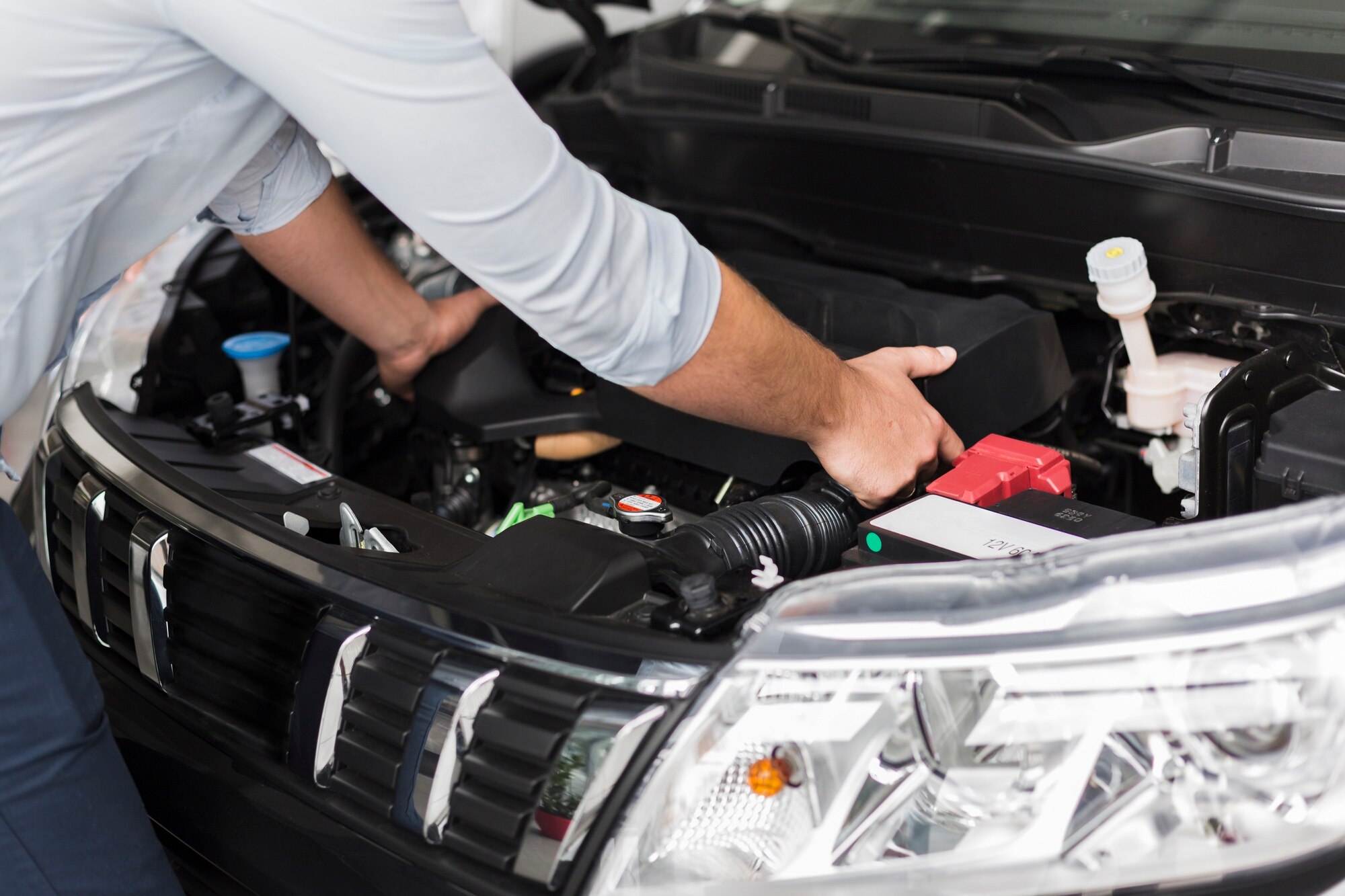Why Do Some Car Batteries Deteriorate in Less Than a Year?

(Photo Credit: freepik)
The issue of car batteries deteriorating faster than expected is a common concern among vehicle owners.
While the average lifespan of a car battery is typically around 1.5 to 2 years, some batteries fail within just a year. Several factors contribute to this premature deterioration, including:
Battery Quality is a key factor. Low-quality batteries or those made from substandard materials often have poor charge retention and degrade faster than high-quality batteries. Manufacturing defects, such as uneven cell deterioration or acid leakage, can also lead to rapid wear and tear.
Weather Conditions, extreme temperatures impact battery performance. High temperatures accelerate battery degradation, while cold weather can cause the battery to lose its charge more quickly.
Usage Habits, frequent engine starts, prolonged use of headlights or electronic devices, and leaving the car unused for extended periods can all drain the battery and shorten its lifespan. Overcharging or undercharging the battery also contributes to faster deterioration.
Car Electrical System Issues, problems with the vehicle’s electrical system, such as a malfunctioning alternator or electrical leakage, can prevent the battery from charging properly, reducing its lifespan.
To extend the lifespan of a battery, choose a quality battery from a trusted manufacturer, regularly inspect and maintain it, avoid using it in unsuitable environmental conditions, and keep the car’s electrical system in good working condition!
Claim your free car valuation today!
Read More: How many years does a car battery last?
Looking for a car appraisal? You can contact us for a free car valuation within 24 hours…
